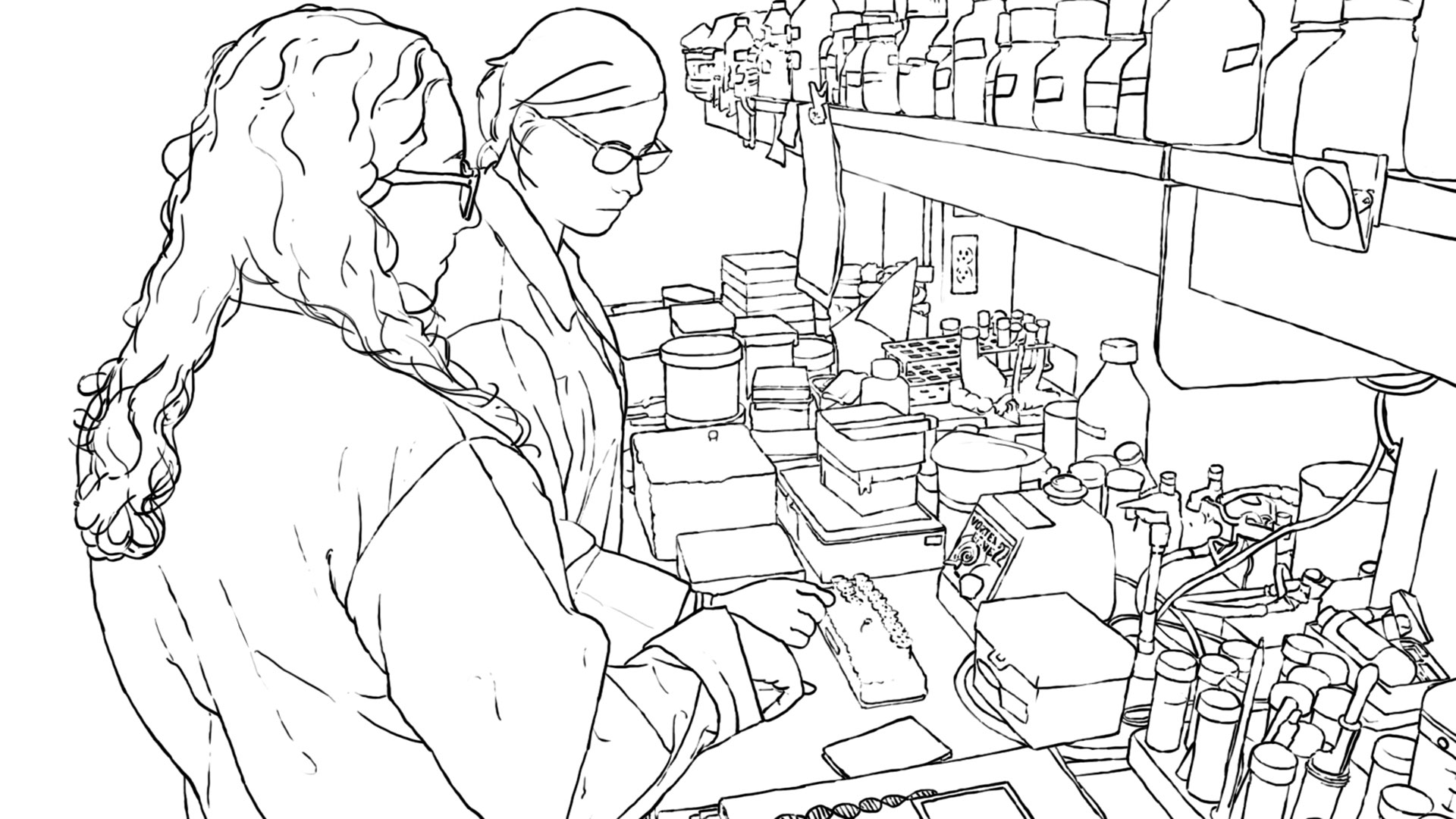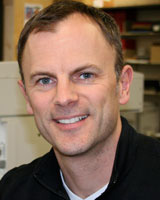Genetics and Development
Early factors in life can lead to birth defects, childhood diseases, and susceptibility to disease. We investigate the genetic and environmental causes to improve quality of life through prevention, early diagnosis, and treatments.
Overview
Research Activities
Educational and Training Opportunities
Our Scientists

Overview
Researcher teams within the Division of Genetics and Development focuses on a variety of children's health problems, including:
-
diabetes and other diseases of the pancreas;
-
mental retardation;
-
abnormalities of the reproductive system affecting puberty;
-
abnormal bone formation;
-
growth retardation;
-
skin diseases;
-
heart abnormalities;
-
metabolic diseases; and
-
cancer
Supported by the Children's Health Foundation, we have several research initiatives including those in stem cells, bioinformatics, and epigenetics.
-
Stem cells are those cells that can become any cell type within your body. They can also act as a reservoir from which injured organs can regenerate. The stem cell initiative focuses on understanding what genes are necessary for the development of specific cell types. For example, what makes a stem cell become a heart cell? Or a nerve cell?
-
Bioinformatics involves computer-based approaches to understand complex disease processes. In many instances, childhood diseases are multifactorial – the results of multiple inherited and environmental factors. Using sophisticated computer programs and a process known as “next generation sequencing” scientists can take millions of data points and understand the effects of gene mutations and environmental changes on global gene expression.
-
Epigenetics is a branch of biomedical science aimed at identifying and understanding how environmental events can change the expression of genes without causing mutations in the gene sequence. In some cases, these epigenetic changes can be passed along to the next generation. Epigenetic changes that persist into the next generation can increase the risk to various diseases including diabetes, cardiovascular disease and cancer.
Research Activities
For information on current research activities of all CHRI Scientists and Associate Scientists please refer to their individual webpages via the link in the "Our Scientists" section below.
Educational and Training Opportunities
There are always opportunities at Children's Health Research Institute in the Division of Genetics and Development for undergraduate and graduate students and postdoctoral research fellows. Please contact the CHRI for information.
Our Scientists
Chair, Genetics and Development: Dr. Dean Betts

Dr. Dean Betts is a developmental biologist whose lab researches pluripotent stem cells and embryo development to better understand the mechanisms behind cell fate, often responsible for fertility and pregnancy complications.

